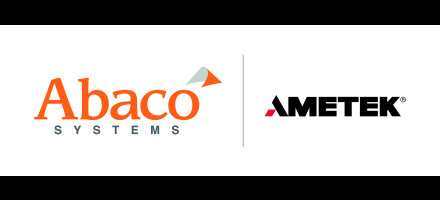What Is FMC172? About, Product History, and More
BlogSeptember 30, 2022

The Abaco Systems' FMC172 FPGA Mezzanine Card (FMC) is a product aimed at military customers who want to expand bandwidth for analog receivers and transmitters.
This guide provides a breakdown of what this product is and what capabilities it provides, as well as a history of the product.
What Is the FMC172 FPGA Mezzanine Card?
The FMC172 FPGA Mezzanine Card is a wideband low-latency FMC module that was designed for advanced embedded computing applications in electronic warfare, digital radar, wideband receivers, and wireless communications.
FMC is an ANSI/VITA 57.1 standard that defines I/O (input/output) mezzanine modules, specifying a low-profile connector and compact board size that makes it compatible with industry-standard slot cards, motherboards, blade, and mezzanine form factors.
The aim of the FMC172 Abaco Systems device is to provide another option to expand bandwidth for analog receivers and transmitters. Whereas the previous generation FMC170 supported just one channel at 5 GSPS (giga samples per second), FMC172 extends to 6.4 GSPS at 10 bits – or two ADC (analog to digital converter) channels at 3.2 GSPS.
What Is the FMC172 FMC Used For?
The FMC172 is best for low-latency applications. It allows the user to more easily control sampling frequency and calibration.
"The card is equipped with power supply and temperature monitoring and offers several power-down modes to switch off unused functions or protect the card from overheating," according to a fact sheet from Abaco Systems. "The FMC172 is ideal for applications where low latency high bandwidth sampling are the driving requirements such as DRFMs [Digital Radio Frequency Memory]."
Some of the main military applications include:
-
Software-defined radio
-
Radar/sonar electronic warfare
-
Wireless communication transceivers
-
Medical equipment
-
Aerospace test and measurement instruments support
-
Direction finding
Recent FMC172 Product History
In January 2019, Abaco announced the release of the FMC172 Wideband Low Latency FMC Module as an advanced embedded computing solution for a number of military applications. The company stated that it was based on an ADC RF (analog to digital converter radio frequency) device from Texas Instruments – known as the ADC12DL3200 – and DAC (digital to analog converter) devices from E2V.
"The FMC172 allows flexible control of clock source, sampling frequency, and calibration through I2C communication," the statement reads. "The ADC has individual calibration circuits for fine-tuning of gain, offset, and phase. The card is equipped with power supply and temperature monitoring and offers several power-down modes to switch off unused functions or protect the card from overheating."






